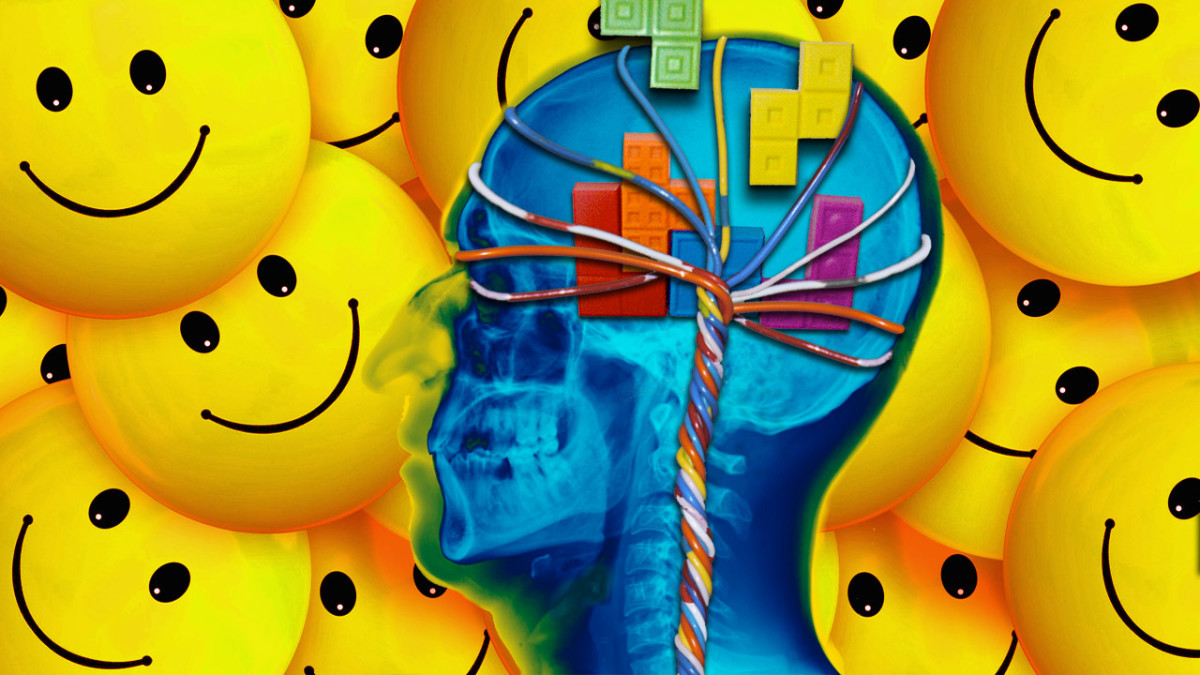Positive Psychology and Stress Management

What is Positive Psychology?
Positive psychology is a relatively new field that endeavors to unravel the mysteries of happiness. In contrast to traditional mental health disciplines, which primarily focus on treating psychological disorders, positive psychology poses a different set of questions. Rather than merely helping people shift from negative states to positive ones, positive psychology explores the possibility of even greater well-being and how to achieve it. This represents a significant paradigm shift in the field, and contrasts with the approach of the founder of psychoanalysis, Sigmund Freud, who aimed to alleviate patients' hysterical misery by transforming it into ordinary human unhappiness.
The question of what makes people truly happy remains elusive. While we are free to pursue our own happiness, we often struggle to know how to achieve it. The pursuit of happiness can feel like chasing a mythical creature that always seems to slip away from us. Perhaps this is because we have not been primed to seek happiness. Over time, evolutionary forces have favored organisms that are able to successfully reproduce themselves, with little regard for whether they are happy or not. There may be no innate predisposition towards happiness. Furthermore, the skills that have evolved to help us survive, such as the ability to think about the future, remember past failures, and anticipate potential problems, often contribute to our unhappiness.

Do you believe positive thoughts are able to deal with stress ?
A Path to Happiness
As human beings, we often believe that achieving certain things will bring us happiness. However, we are often terrible at predicting what will actually make us happy. We create myths that a specific accomplishment or monetary gain will lead to a happier life, but research has shown that material possessions and wealth do not necessarily lead to happiness. People who are financially well-off are not happier than those who have less money. Similarly, many of us assume that youth equates to happiness, but studies have found that older individuals have more moments of happiness than young people.
Another common myth is that having a family and children will bring happiness. Although people undoubtedly love their children, studies have shown that caring for them is not associated with consistent happiness. While these things are important and fulfilling in their own right, they are not necessarily the key to long-term happiness.
The truth is, happiness can be elusive and difficult to sustain. Recent studies suggest that our propensity for happiness is linked to our genetic set point, and we tend to return to a certain level of happiness regardless of the events in our lives.
So what can we do to increase our overall level of happiness? Positive psychology research suggests that by cultivating positive emotions, fostering positive relationships, finding meaning and purpose, and engaging in activities that promote our strengths and values, we can increase our sense of well-being and lead a happier life.
Sustaining Happiness
Positive psychology suggests that we are not always able to achieve happiness by acquiring more things or achieving certain goals. In fact, according to the concept of hedonic adaptation, even when we do achieve something we thought would make us happy, we eventually become accustomed to it and it no longer brings us sustained happiness.
However, researchers have identified five paths that can lead us to a happier life. The first path involves cultivating our personal virtues, such as wisdom, justice, curiosity, and compassion. When we engage these virtues in our daily lives, we tend to experience more happiness.
The second path is through the practice of gratitude, which involves appreciating what we have and expressing that appreciation to ourselves and to others who have been kind to us.
The third path involves being present in the moment and slowing down. By taking time to notice what is happening in each moment, we can avoid rushing through life and missing out on its simple joys.
The fourth path involves finding flow in our activities, which means being fully engaged in the process of the activity, rather than just focusing on achieving a particular outcome. Athletes often refer to this state as being "in the zone."
Finally, the fifth path involves living a life that is meaningful and focused on serving others. This means doing things for others and for the greater good, such as helping the environment or volunteering to help those in need. Research suggests that serving others can be a key component in sustaining our happiness.
Mindfulness
→ Mindfulness is a powerful practice against stress management.
Mindfulness is a practice that has become increasingly popular in recent years as a tool for enhancing happiness and well-being. This practice involves being fully present and engaged in the current moment, while also accepting that moment without judgment. While this may seem simple, it is actually quite challenging as our minds are often preoccupied with thoughts of the past or worries about the future. By practicing mindfulness, we can become more aware of our thoughts and emotions, and begin to change our relationship with them. This in turn allows us to better express our virtues, feel gratitude, savor the moment, and engage with the world in a meaningful way.
Mindfulness is often cultivated through meditation, which involves focusing on the present moment, typically by paying attention to one's breath or bodily sensations. As one becomes more proficient at mindfulness, they can apply this practice to daily life, bringing greater awareness to their experiences and interactions. This can help to increase personal happiness, as well as improve relationships and overall well-being.
Research has shown that mindfulness can have a range of benefits, from reducing stress and anxiety, to improving cognitive function and increasing empathy. In addition, it has been found to be effective in treating a variety of mental health conditions, including depression and addiction. By learning to be more present and accepting of our experiences, we can create a greater sense of peace and contentment in our lives.

Mindfulness Practicing Tips
How to practice Mindfulness?
There are many ways to cultivate mindfulness. Its probably easier to understand if we compare it to way we cultivate physical fitness. If you want to become physically fit you can do it in several ways. One simple way is to alter your routine a bit , just so you use your body more for example you take a stairs instead of elevator. You might bicycle to work instead of driving to work or just park the car further away. Similarly principles work for mindfulness practice. You can adopt it in your everyday normal routine, for example when getting up in the morning and brushing your teeth actually pay attention what it feels like to brush your teeth, or when taking shower feel, how hot water caresses your body skin and carry that way all through the day, either you are driving to the work or walking the dog. Just appreciate the moment.
For more deep mindfulness cultivation you can also take more time from your usual routine to focus more on the practice. You can do meditation practices, where you can pick one object of the moment which can be a focusing on your breath, or it might be a sensation of walking . And when your mind begins to think about past or future, gently bring your thoughts back to the previous moment.
- Doing that will help to cultivate mindfulness that will extend through all of your life.
Check out my other articles
- Greek Mythology - Forgotten Gods
BELLOW YOU CAN FIND A LIST OF GREEK GODS - 13 things from past that will apear odd to a new gen...
13 INTERESTING THINGS FROM THE PAST FEW DECADES THAT WILL MAKE YOUNG GENERATION FEEL ODD. - Signs and Symptoms of Anorexia Nervosa in Teens
What is Anorexia Nervosa ? Which are the signs and symptoms? How to recognize Anorexia in Teens and Adults? What to do? Is there any Treatment? Teens and Anorexia. - How To Remove Evil Eye - What is Evil Eye - Get Rid ...
Removing evil eye has been done for many centuries and it can be achieved via spiritual connection and prays. In this article we will discuss the origin of evil eye and how it affects us.








